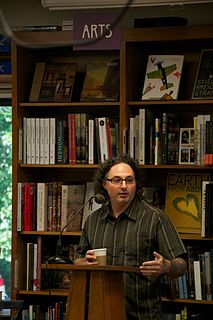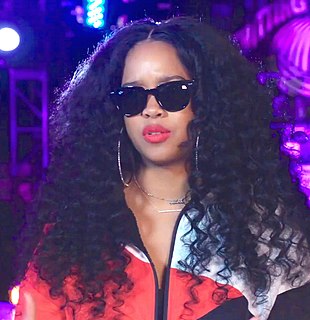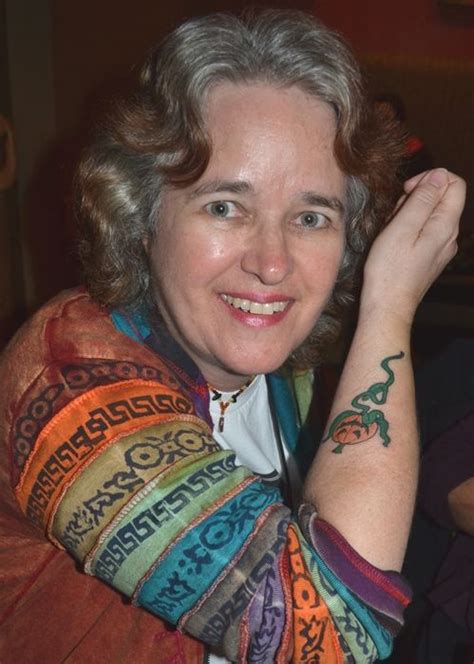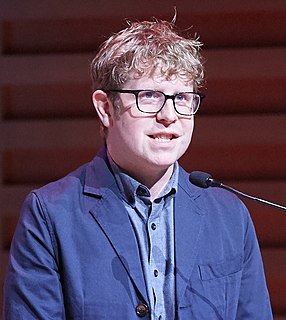A Quote by Joyce Carol Oates
It's very hard to be an experimental woman writer. If I had been writing under a pseudonym, just initials, I might have a different reputation - but, then I couldn't be myself either.
Related Quotes
Just write. If you have to make a choice, if you say, 'Oh well, I'm going to put the writing away until my children are grown,' then you don't really want to be a writer. If you want to be a writer, you do your writing... If you don't do it, you probably don't want to be a writer, you just want to have written and be famous—which is very different.
When I've taught writing to five, six, and seven year olds, it's not very different than talking to an adult writer. They're writers then, and when they get to be young teenagers they're not anymore. You might go and talk to them about writing, and they'll be very self-conscious or will have detached themselves from the group.
Some writers are writing one great, big book and just taking all these different avenues towards it. They might seem on the outside to be different, but they're really not. And that's a different kind of mindset. I don't know why it is, but I just feel like I really want to escape myself as much as I can - myself as the artist, or as the writer, or as the thinker - with each new project, because one, it's just boredom, but also, I guess I just feel most comfortable starting a new book if I just feel a little in the dark about it.
It's not possible to advise a young writer because every young writer is so different. You might say, "Read," but a writer can read too much and be paralyzed. Or, "Don't read, don't think, just write," and the result could be a mountain of drivel. If you're going to be a writer you'll probably take a lot of wrong turns and then one day just end up writing something you have to write, then getting it better and better just because you want it to be better, and even when you get old and think, "There must be something else people do," you won't be able to quit.
If I was feeling angry, I had to investigate not just who or what I was angry at, but why. And then I had to do the hard part and ask myself: Are you justified in where your anger is being directed? So, while I allowed my emotions to be valid, I knew that if I were to use them constructively, in the service of art, then I had to look at them dispassionately. Some might call this therapy, and I suppose it was. But I also had a goal that was larger than just healing myself, which was connecting to an audience.
I love to read and teach experimental fiction but yes, neither this work nor my first novel is really that experimental. It uses some experimental techniques but in the end, I would not say that it is experimental. I'm not sure why. I do a lot of writing on my own, and I have always just written this way.
I haven’t had trouble with writer’s block. I think it’s because my process involves writing very badly. My first drafts are filled with lurching, clichéd writing, outright flailing around. Writing that doesn’t have a good voice or any voice. But then there will be good moments. It seems writer’s block is often a dislike of writing badly and waiting for writing better to happen.





































